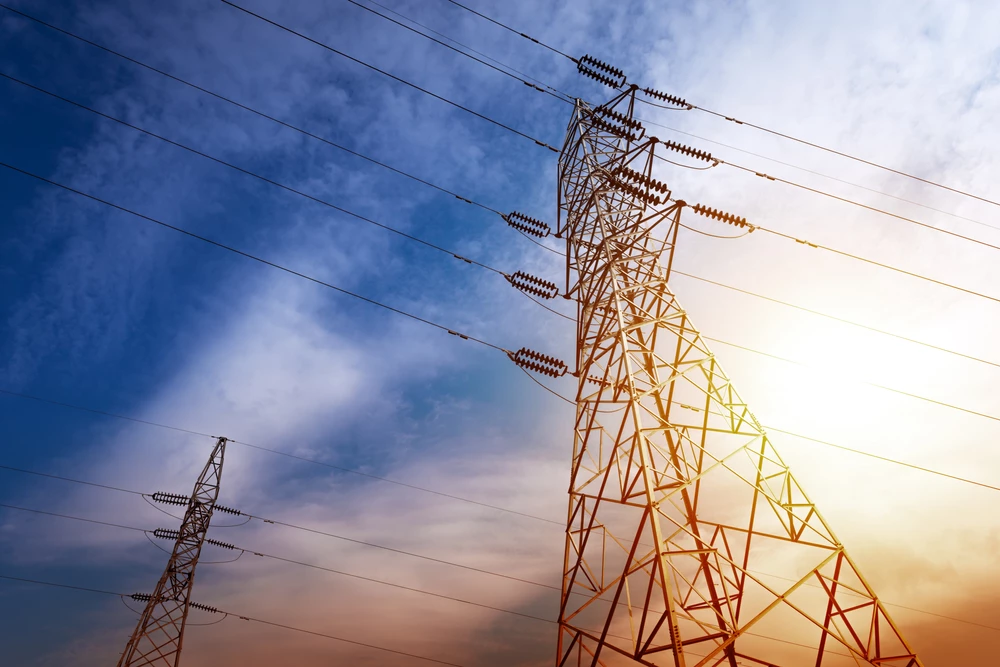When load shedding hits, most of us have little recourse but to hunker down and wait it out. Not being able to charge our phones or cook food is frustrating.
While complaints over power problems are common in South Africa, it’s generally understood that nothing can be done, nor can compensation be sought.
But it appears that, in certain circumstances, it is possible to claim for losses caused by Eskom power outs. We spoke to the experts to find out the details.
If you’re looking for home or car insurance, get a quote now.
Claims against damages
Allison MacDonald experienced damages when a local substation blew up, resulting in a power outage for almost 36 hours. The food in her fridge started to defrost and rot, leaving her with an inedible mess.
This was the third insurance claim MacDonald had made relating to deterioration in food, her insurer at the time being Alexander Forbes.
“I put my claim in on a Thursday for ‘loss of fridge/freezer contents’ and received full settlement in the region of R3,000, with no excess, by the weekend,” says MacDonald.
However, this was a vast departure from the first claim that MacDonald had put in.
“The first time, about five years prior, I was with OUTsurance*. My cover was R3,000. When I put in the claim, I first had to pay R1,500 excess, and then they gave me R1,500 in food gift vouchers. In essence, I got zip, zero and nothing for my loss,” says MacDonald.
For the second claim, at the same amount, MacDonald had moved to Alexander Forbes. This was paid into her account, with zero excess. This claim had related to a lightning strike.
MacDonald notes that consumers should be on the lookout for the best home contents insurance policy.
“It’s always best to go with the high-end service providers,” she says.
However, cautions Gari Dombo, managing director of Alexander Forbes Insurance, claiming for general power outage damage is not so simple.
“Most insurance policies provide some cover for deterioration of food, but not if the loss of power is due to a deliberate switch-off by authorities,” he says.
READ MORE: Lightning and load shedding can damage household appliances
Alternative power options
The question remains, however, whether insurers will continue to pay out in the event that damages occur as a result of Eskom’s outages, or whether they will close any such loopholes in their policies.
Certain caveats already exist. Alexander Forbes, for example, would pay for surge damage if the cover option chosen included full accidental damage. The damage would also have to be visible and not just a case of a component having stopped working.
Criminals are taking advantage of the blackouts too by targeting homes during load shedding periods. Insurers are warning clients to take extra precautions accordingly.
Dombo recommends the use of battery backups which will support an alarm system for six to 12 hours. The battery recharges automatically once electricity supply resumes.
Dombo cautions that, while some insurers will be sympathetic to alarm failure during a power outage, you, as the customer, may have to demonstrate that all reasonable steps were taken to make sure your alarm was in working order.
Dombo adds that South Africans “are in it for the long haul” when it comes to power cuts, and that consumers should look at alternative power options in order to keep the lights on.
“These may include items such as invertors, which allow for an uninterrupted supply of power for six to eight hours. While generators successfully ensure geysers and fridges remain on, they are costly and noisy to run, and distribute hazardous fumes,” says Dombo.
He adds that green alternatives such as wind turbines, solar geysers and solar electricity are off-grid options that should be considered so that consumers are not caught off guard when the power goes off.
Consider debt consolidation to alleviate your financial worries.
The cost of alternatives
When it comes to backup power solutions, prices vary widely and depend on what the consumer is buying. This is according to Mandy Barrett, head of marketing and volume sales at Aon South Africa.
Barrett explains, “An inverter and small system used purely as a UPS (back-up for laptop routers etc) starts at around R20,000. Bigger systems that include lithium batteries, inverters and solar panels used to power your home can range anywhere between R100,000 and R150,000 for a smallish system, to well over R500,000 for a large system.”
If you opt instead for a generator your problems may not end there as these can be stolen out of gardens. Similarly, solar panels can be stolen from rooftops. Again, insurers appear to be distancing themselves in their policy wording.
“It is essential that homeowners check that their sum insured is sufficient to cover the replacement of the building along with any new fixtures and fittings,” says Barrett.
What’s more, you can’t simply install these energy-saving items yourself or have a general handyman help you. The work needs to be done by a certified professional, especially for insurance purposes.
“All electrical work must be done to standard and comply with all regulations. For example, you need to get a Certificate of Compliance (COC) from a qualified electrician that certifies that the installation is compliant and safe. This is a requirement for your insurance as well,” says Barrett.
“You may unwittingly open yourself up to insurance problems that could arise out of using dubious electrical contractors if you don’t know what to look for. If there is an instance where corners are cut or an alternative energy solution is incorrectly wired into your home, you may run the risk of a loss occurring, perhaps even a major one.”
*OUTsurance was approached for comment but had not replied at the time of publication.

